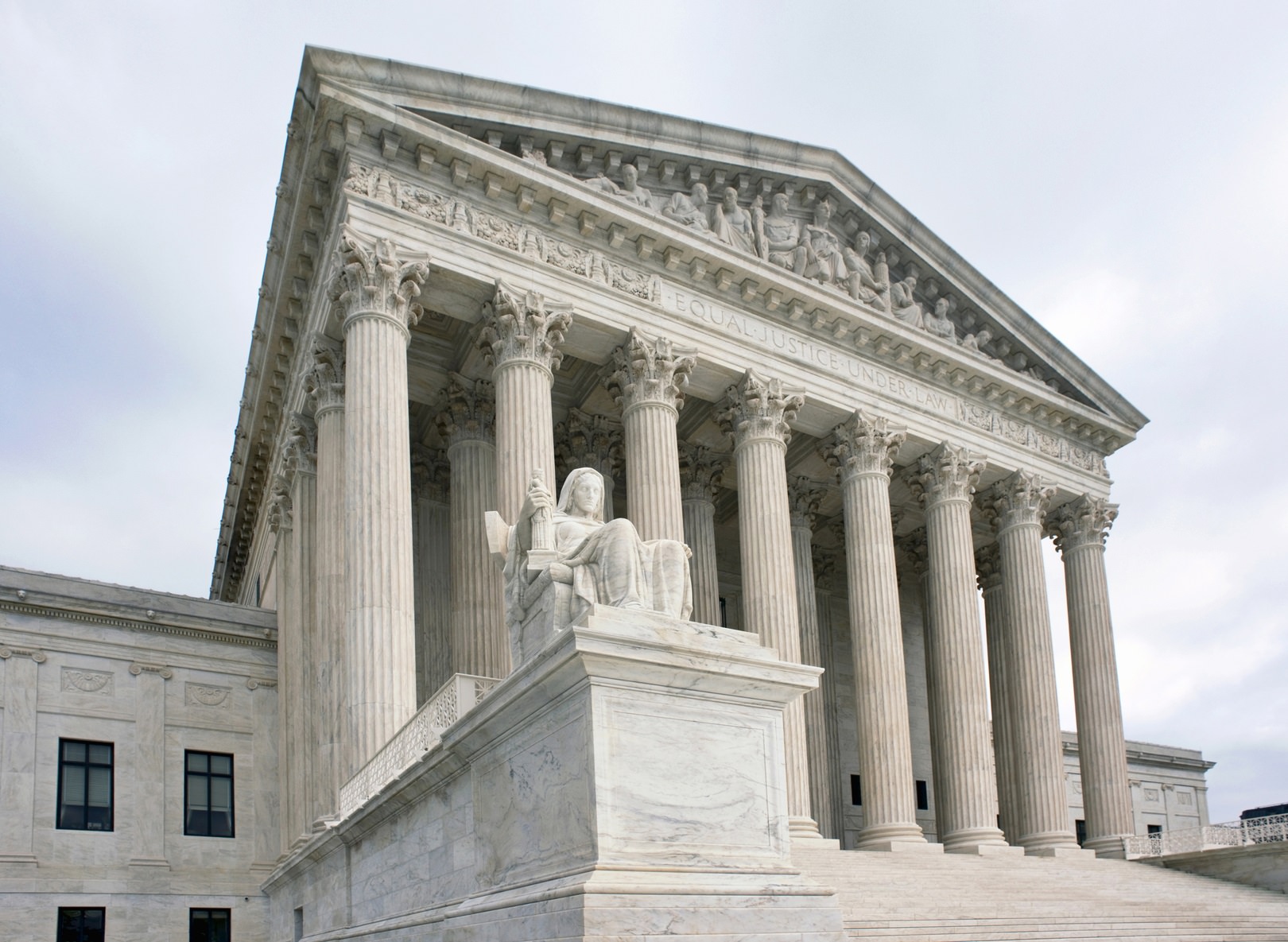February 28, 2018
Washington’s Conflicts Of Interest Don’t Stop At The High Court’s Steps
Executive Director, Fix the Court

On April 16, the nine justices of the U.S. Supreme Court will take the bench for arguments in an obscure section of the tax code. Then, about an hour later, Justice Alito will leave the bench before the start of a patent infringement case, WesternGeco LLC v. Ion Geophysical Corp.
The Chief won’t be putting his fellow Bush 43 appointee in timeout; rather, Alito will be recused due to his stock ownership in WesternGeco’s parent company, Schlumberger. According to his most recent financial disclosure report, Alito held between $1 and $15,000 in Schlumberger shares at the end of 2016. (Justices’ holdings are given in ranges, and the 2017 report won’t come out until June.)
Should a justice recuse himself – and leave the possibility of a 4-4 tie, keeping a lower court’s ruling in place and rendering the high court all but supreme – when he has such a small stake in a publicly traded company? According to the law, he must: a justice shall “disqualify himself [when he] has a financial interest in […] a party to the proceeding.” The statute doesn’t indicate the size of that interest.
The larger issue here is whether justices should own individual stocks to begin with, thereby inviting recusals that may deadlock the court on a regular basis. The answer is there’s no good reason, especially when you consider that only three of the nine – Chief Justice Roberts and Justices Breyer and Alito – hold these types of securities and that their portfolios led to four dozen disqualifications last term. (The other six justices, by the way, invest primarily in real estate[1], fixed income and retirement accounts – i.e., instruments that are far less likely to induce a recusal.)
There’s a related situation that has recently come up and does not trigger a recusal, though probably should: when a justice owns shares in a company that has submitted a “friend of the court,” or amicus, brief supporting a party in the suit.
That’s exactly what happened in U.S. v. Microsoft, a case argued on Feb. 27 on whether the government can use a warrant to search e-mail stored by an American company on an overseas server. A victory for Microsoft would be a win for the entire tech industry – we know this because Amazon, Apple, Cisco, Facebook, Google and Verizon submitted an amicus brief saying as much – and could positively impact its share price and the price of other tech stocks.
As it turns out, Breyer owns up to $100,000 in Cisco shares. Whether or not he sides with Microsoft in this case – and we won’t know until the end of June – it looks a bit fishy for him to sit on the suit while holding Cisco stock. (Lower court judges, by the way, are cautioned against hearing cases in which a company whose shares they own have submitted an amicus brief. The justices are exempt from these types of admonishments.)
No matter which side you favor in the patent infringement case or the overseas servers case, the justices’ portfolios shouldn’t be playing a supporting role, and there are several ways to solve the problem.
Congress could pass a law stating that all federal judges, including the justices, divest from individual securities during their time on the bench. A more immediate and realistic tactic would be to convince the three justices to sell their shares. They have started to, as three years ago, Roberts, Breyer and Alito collectively owned more than six dozen stocks, and now they’re down to 49.
But that’s not happening fast enough. Several publicly traded amici are already expected to weigh in on a case the high court has granted for argument next term on the applicability of certain parts of the Federal Arbitration Act.
At a time when Washington is a matryoshka doll of conflicts, one would expect the Supreme Court to do all it could to demonstrate it’s acting with integrity. Yet the justices – at least three of them – should do more, by divesting from the corporations whose cases and controversies reach their desks.
*Gabe Roth is executive director of Fix the Court, a national nonpartisan organization that advocates for greater openness and accountability from the federal courts system. Invite him to host an event
Financial Regulation, Regulation and the Administrative State




